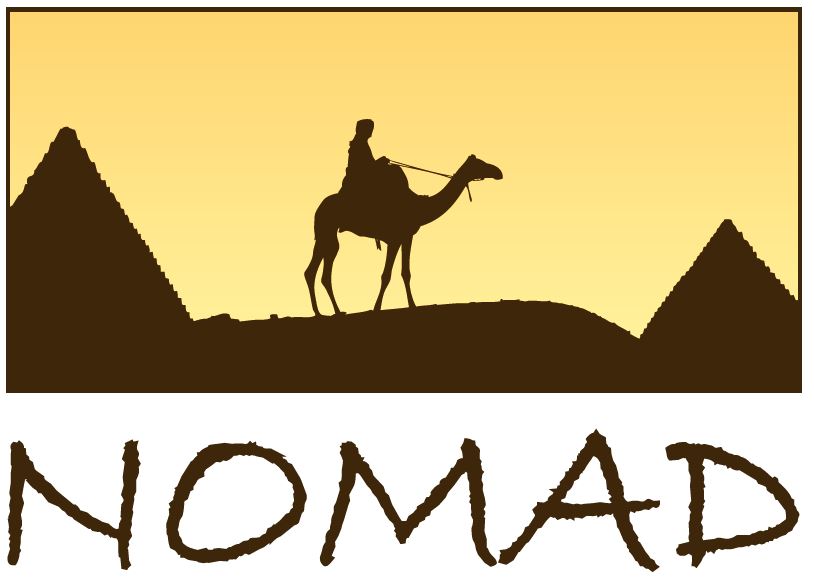NOMAD Bioscience Receives Its GRAS Regulatory Clearance In USA For Bacteriocins Salmocins As Processing Aids for Control of Salmonella In Food.
NOMAD Bioscience received a formal ‘no questions’ letter from the US Food and Drug Administration (FDA) in response to NOMAD’s GRAS notice GRN 824 describing use of bacteriocins Salmocins produced in plants as ‘Food Processing Aids’ for control of major foodborne pathogenic strains of Salmonella enterica in foods including meat, poultry, fish and egg products. Salmocins are natural non-antibiotic antibacterial products discovered by NOMAD. The FDA’s response represents the fifth regulatory concurrence from the Agency that plant-made bacteriocins are safe to use on foods and it paves the way for industrial production of Salmocins as novel antibacterial food processing aids and food substances.
Because the efficacy of antimicrobials applied to US meats is under the jurisdiction of the US Department of Agriculture (USDA), the USDA’s Food Safety and Inspection Service (FSIS) co-reviewed with FDA NOMAD’s data package and concluded that Salmocins produced in plants meet USDA suitability criteria.
Salmonella causes an estimated 1 million illnesses in the United States each year, resulting in an estimated 19,000 hospitalizations and 380 deaths. Over the last five years (2013–2018), 51 Salmonella outbreaks have been recorded in USA. Most of the food poisonings were due to contaminated poultry or vegetables and fruits, but also red meats and fish. Worldwide, Salmonella contamination in the food chain is one of four key global causes of diarrhoeal diseases, with 550 million annual illnesses.
NOMAD scientists have researched Salmonella genomic databases for bacteriocin analogues and identified, cloned and manufactured in plants such proteins; they termed them Salmocins. Some Salmocins were found to possess broad antimicrobial activity against all 99 major Salmonella pathovars. They also showed remarkably high potency (>106 AU/μg recombinant protein, or >103 higher than colicins) against major pathogenic target strains. Treatment of various food matrices contaminated with key pathogenic serovars confirmed Salmocin efficacy as a food safety intervention against Salmonella.
Salmocins are very safe as they have no known activity against beneficial intestinal flora and they attack bacterial structures and cellular targets that do not exist in mammalian tissues. Humans are already exposed to Salmocin-producing bacteria that naturally reside in the gut.
In addition to Salmocins, other plant-produced bacterial and bacteriophage antimicrobial proteins (Bacteriocins and Bacteriophage Lysins) are being developed by NOMAD as inexpensive food substances and food processing aids for the broad control of bacterial pathogens (Escherichia coli, Salmonella enterica and Clostridium perfringens) in food products. NOMAD is also actively developing Bacteriocins and Bacteriophage Lysins as medical alternatives to antibiotics, with its pre-clinical research focused on novel antibacterial proteins for control of major multi-drug resistant Gram-negative pathogens including Escherichia, Salmonella, Pseudomonas and Klebsiella.
About NOMAD Bioscience GmbH.
Nomad Bioscience GmbH is a plant biotechnology company developing a broad range of biotechnology products manufactured in plants. Corporate offices are headquartered in Munich, Germany and the Company’s Research Division is located in Halle, Germany. NOMAD Bioscience GmbH has two subsidiary companies: Nambawan Biotech GmbH (Halle, Germany) and UAB Nomads (Vilnius, Lithuania).




